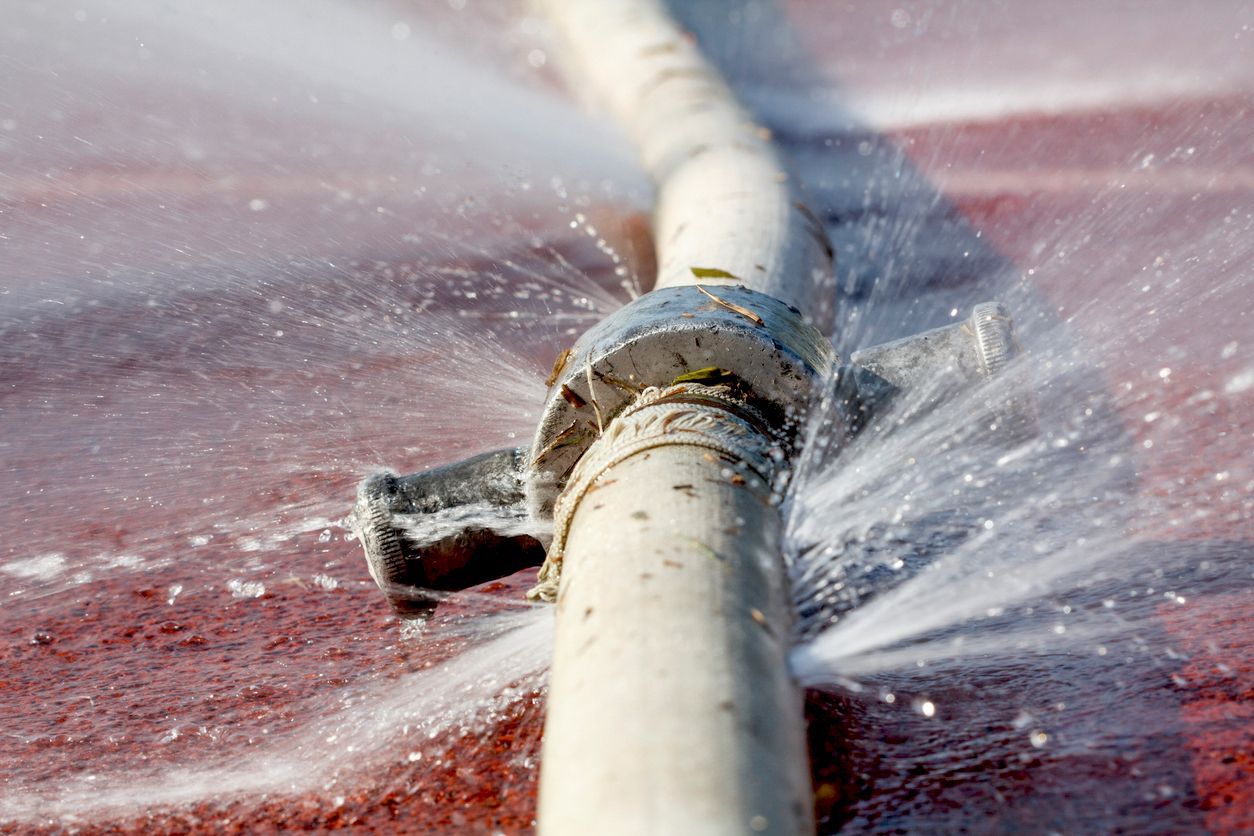Globally, about one-fifth to one-third of greenhouse gas emissions are attributable to crop and livestock production, unsustainable land use and the food production value chain. This produces methane, nitrous oxide and carbon dioxide. Large-scale monocultures and intensive agriculture are also responsible for the decline in biodiversity and freshwater resources. Agriculture uses 70% of the world's freshwater resources, and is therefore the largest user. Outdated irrigation technology, for example, causes far too much water to be wasted. Worldwide, almost a quarter of the land used for agriculture is degraded or devastated. In Germany, tons of fertile soil is lost through erosion and humus depletion.
Climate change put very simply: Climate is always changing, and not just since the past 100 years.
Natural causes for this are, for example, volcanoes, changes in the Earth's orbit, tidal changes, etc.
By now, however, it should be obvious to everyone that the negative effects of climate change are also a result of our behaviour. The concentration of greenhouse gases in the atmosphere has increased rapidly, the best-known gases are carbon dioxide (CO2), methane (CH4) and nitrous oxide (N2O) - global warming is accelerating.
Industrialisation (beginning in the mid-18th century in Britain) fundamentally changed our way of life. Mineral resources are mined, for example for machinery, the iron/steel industry, cars, aeroplanes. The gas carbon dioxide (CO2), which is liberally released with the combustion, enters our atmosphere unchecked. The largest source in Germany is the energy sector.
Methane (CH4) is mainly produced by intensive agriculture; mostly by factory farming.
Nitrous oxide - laughing gas - (N2O) is released by the large-scale use of mineral fertilizers, primarily in agriculture.
Together with the energy and industrial sectors, the agricultural sector is a major contributor to the greenhouse effect.
Compared to carbon dioxide, methane is 25 times more harmful and nitrous oxide 298 times more harmful. Aside from the animals themselves, the gases are released through over-fertilisation and liquid manure. Intensive use of arable land also results in the release of carbon dioxide.
Climate change is a creeping process that individuals unfortunately only become aware of when they are personally affected by the consequences: flooding due to heavy rain, landslides, hurricanes, rising sea levels caused by melting glaciers and ice sheets in the polar regions and the associated threat to island and coastal states, plus increasing periods of drought, to name a few.
In our opinion, agriculture is in the position to most quickly and visibly reduce emissions of the greenhouse gases methane and nitrous oxide. Important: The efficient use of water is the essential condition for this.
Please take some time to learn the extent to which water waste in agriculture is related to global warming and why it is so important to tackle the issue.
Underground irrigation
- why -
A few values:
Reduction in water consumption
Promotion of soil quality, soil fertility
Increase in the quality of the plants - size, strength, taste
Increase in mass
Reduction in costs
- Reliable contribution to the protection of our environment -
Our slogan
- Make The Earth Green -









